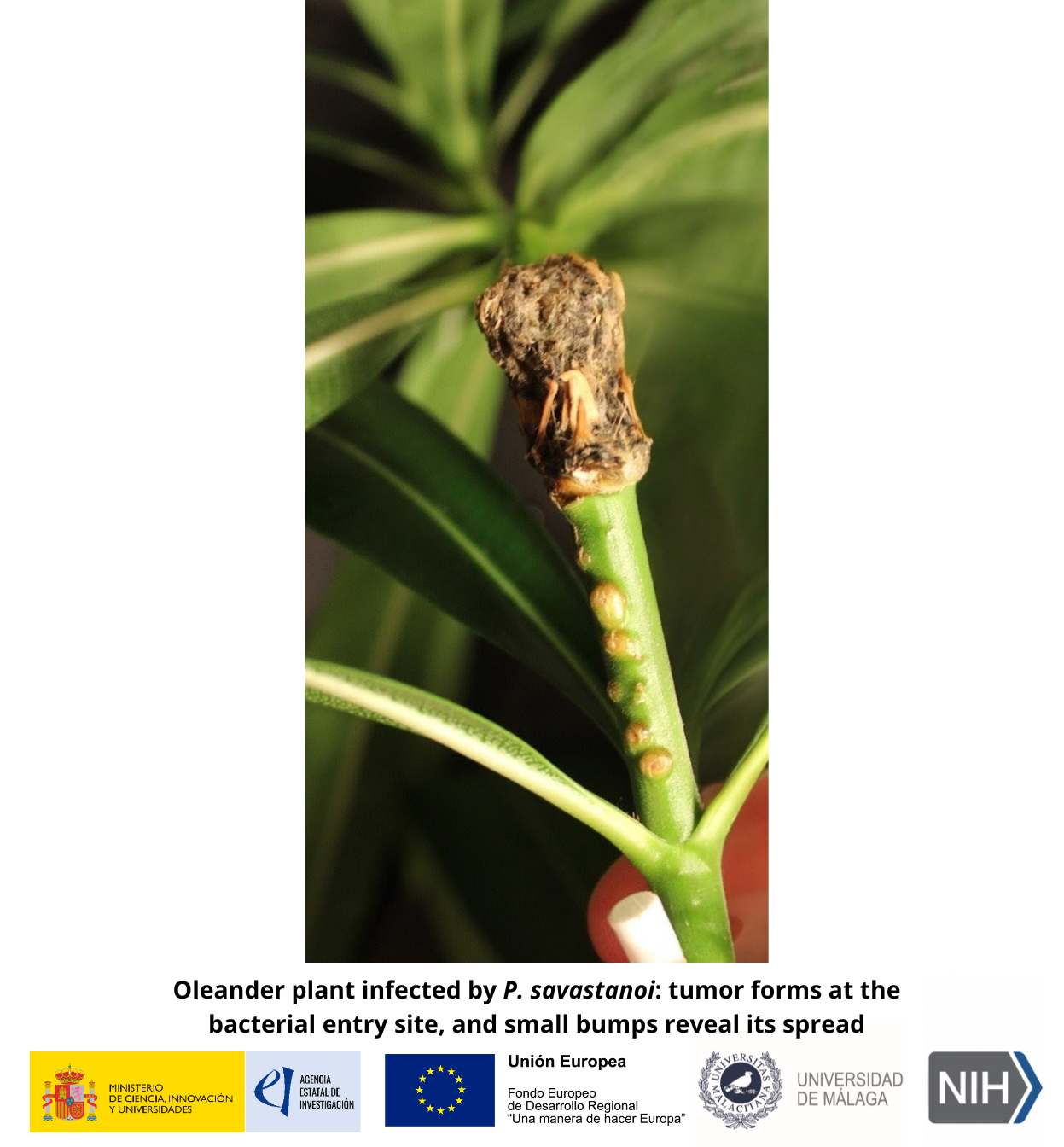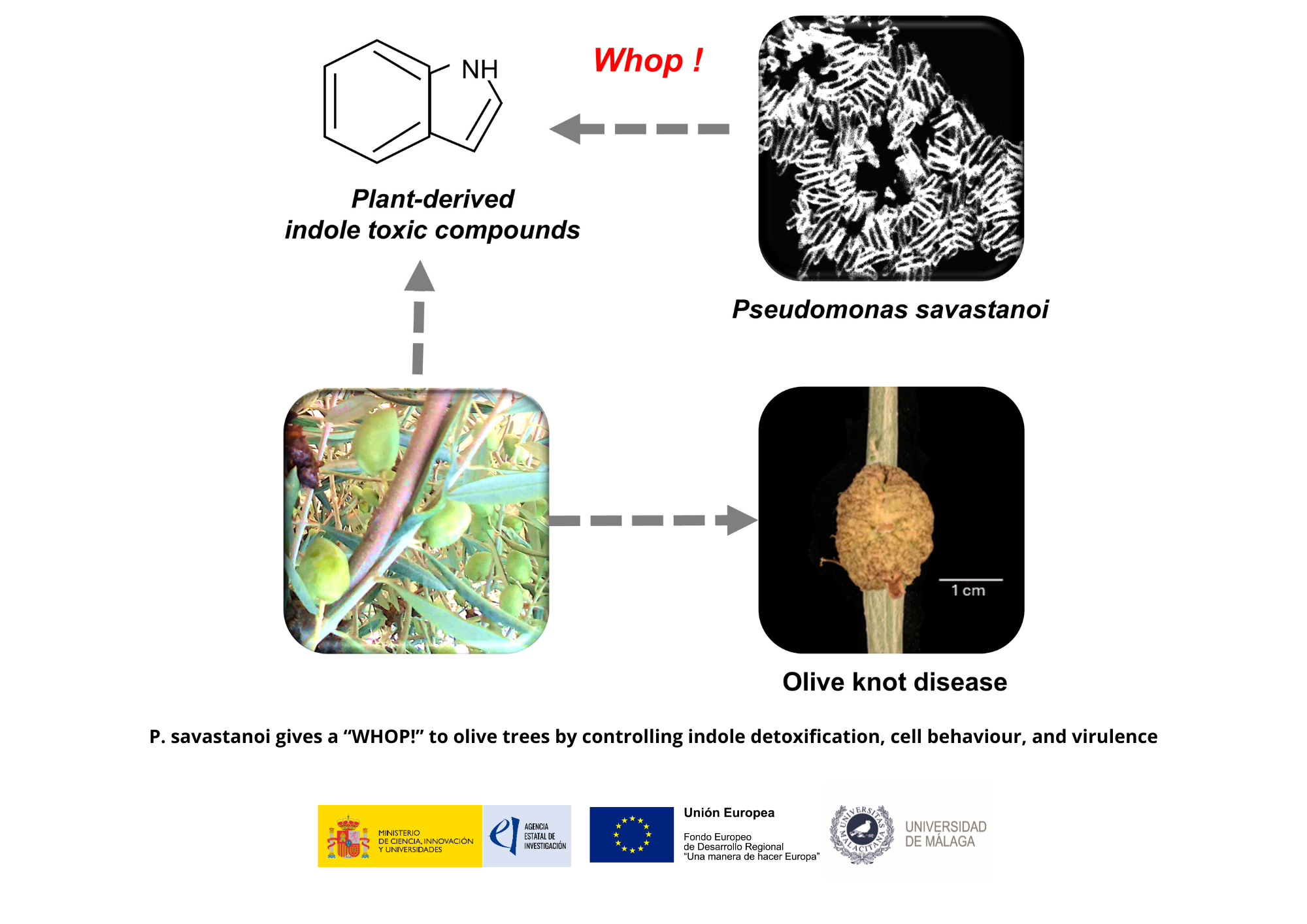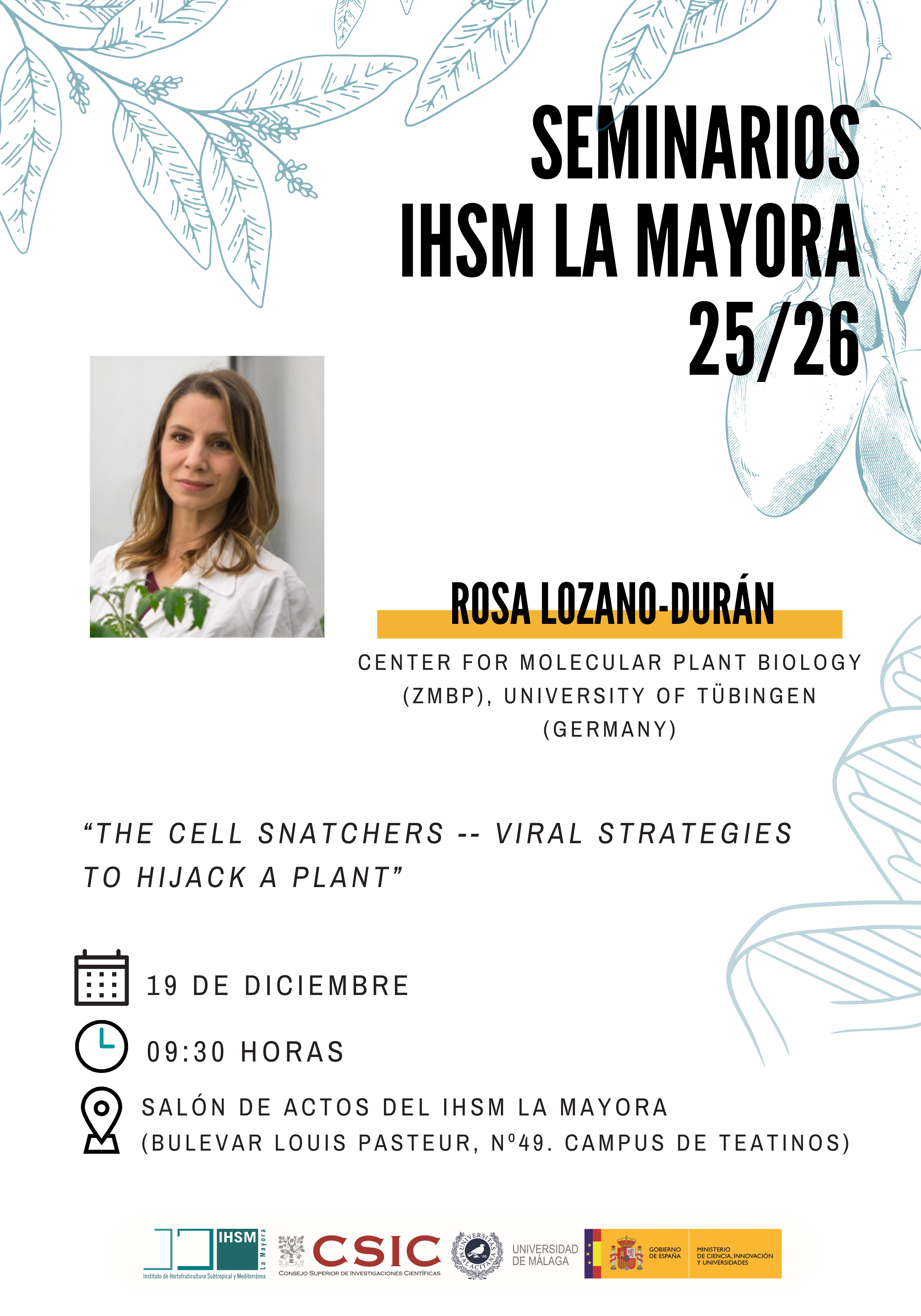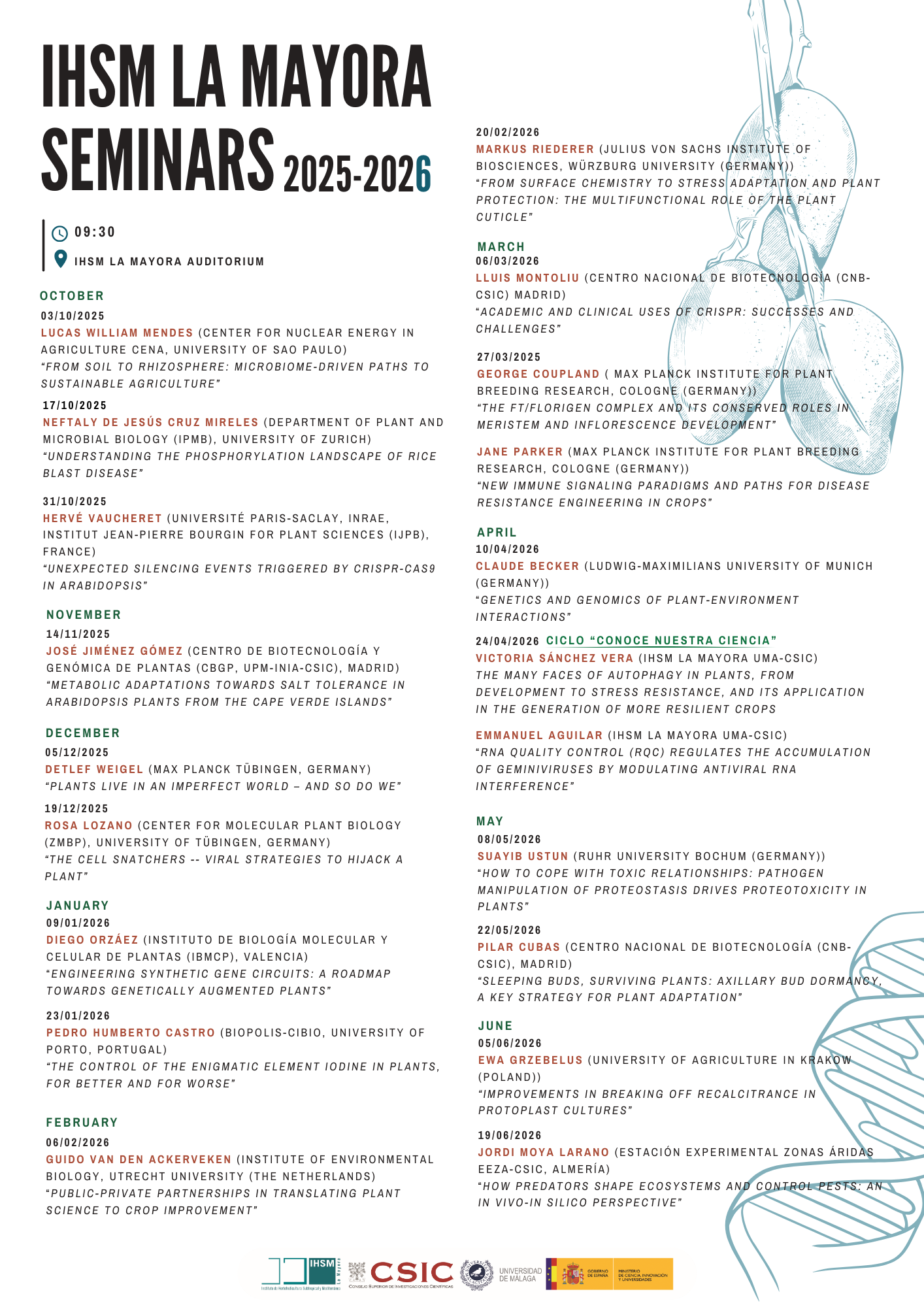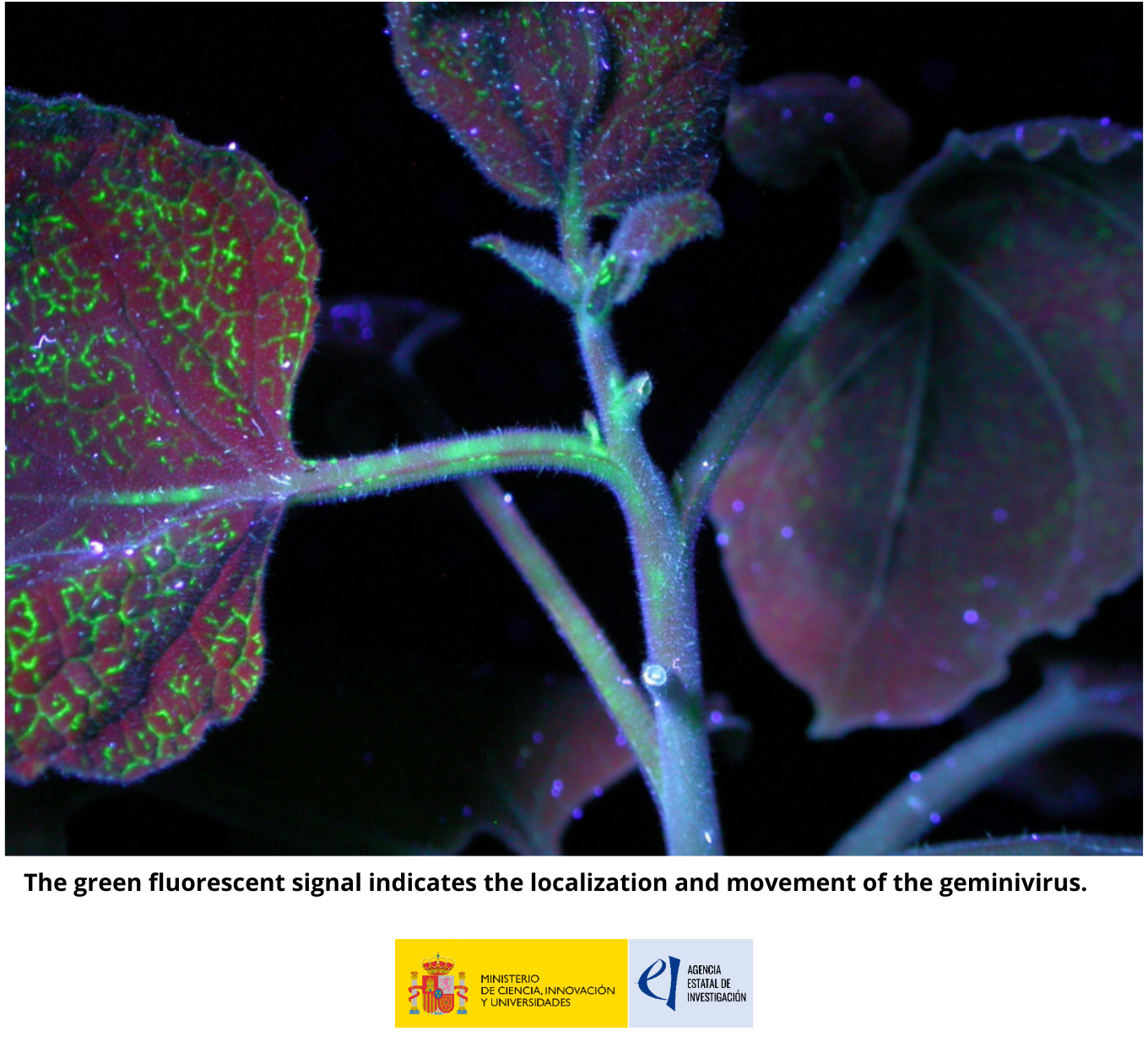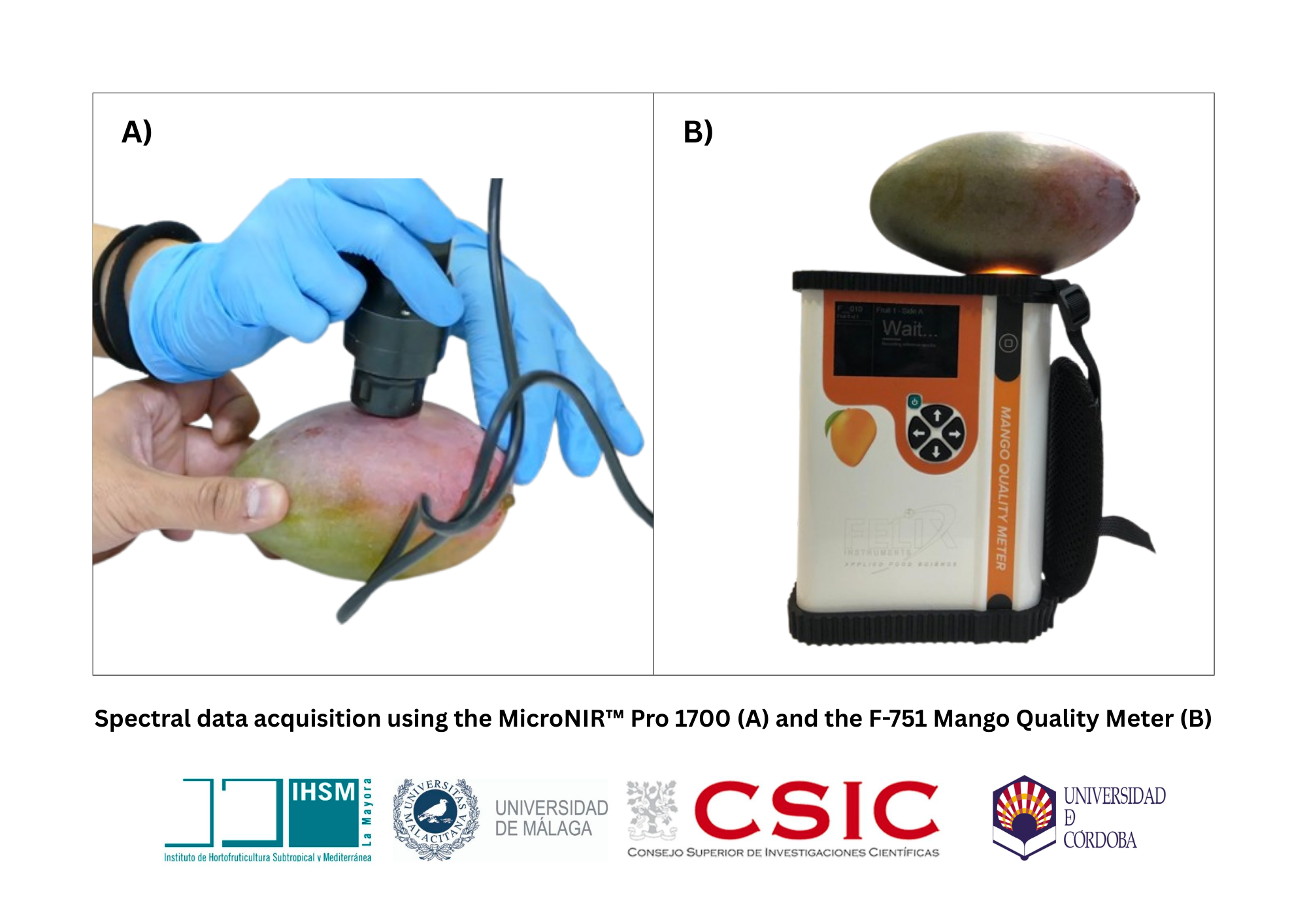
Seminarios IHSM La Mayora - Tia-Lynn Ashmann (University of Pittsburgh, EEUU)
Understanding polyploid success across ecological scales Whole-genome duplication is a major macromutation that differentiates new polyploids from their diploid parents, and as such, is a well-established diversifying force across the plant kingdom. Increased genetic diversity and nucleotypic effects of whole genome duplication are often thought to lead to polyploid advantage, but these effects are not without costs-- so the question remains ‘what allows polyploids to succeed and how do they contribute to biodiversity?’ Answering this question requires studies at all ecological scales and from diverse resource perspectives. I illustrate this point with several studies from my lab: First, our studies at the individual level in strawberry and alfalfa demonstrated nucleotypic effects of polyploidy lead to fitness advantage over diploids across abiotic and biotic environmental gradients, thereby uncovering generalism as a potential mechanism underlying the widespread success of polyploids. Second, our studies with duckweeds reinforce the importance of nucleotypic costs and benefits of polyploidy leading to expected outcomes at population level, but multi-seasonal and competition scenarios reveal novel advantages to polyploidy and genotype-environmental variation for success. Finally, our studies in plant-pollinator communities extend the question of generalism to its influence on interaction network structure and community robustness. These and ongoing projects are shaping a unified understanding of the drivers of polyploid success across scales and biotic systems.

